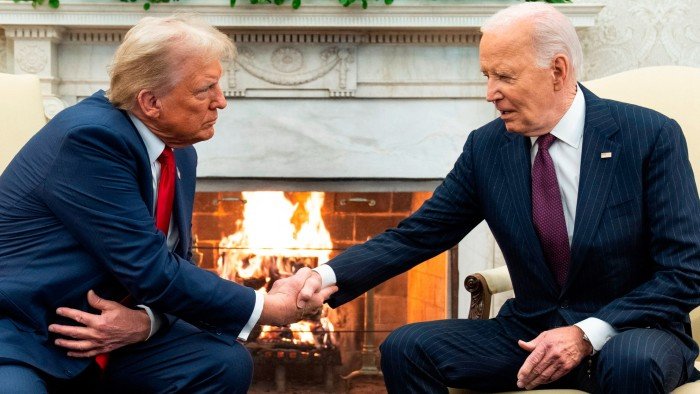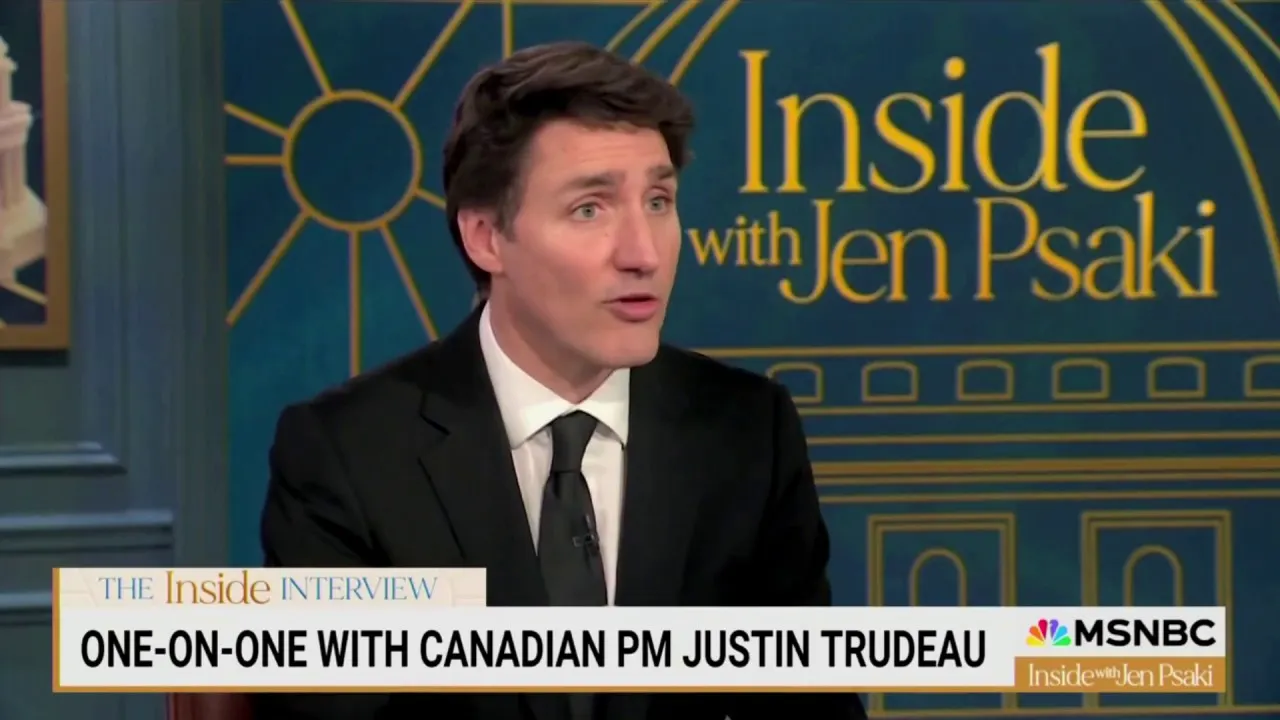
Outgoing U.S. President Joe Biden’s administration has proposed a new framework for the export of advanced computer chips used to develop artificial intelligence, trying to balance national security concerns about the technology with the economic interests of producers and other countries.
But the framework proposed on Monday also raised concerns among chip industry executives, who said the rules would restrict access to existing chips used in video games and restrict chips used in data centers and artificial intelligence products in 120 countries. Access may be restricted from countries such as Mexico, Portugal, Israel and Switzerland.
U.S. Commerce Secretary Gina Raimondo said on a conference call previewing the framework that maintaining U.S. leadership in the development of artificial intelligence and AI-related computer chips is “critical.” Rapidly advancing artificial intelligence technology is enabling computers to write novels, make scientific breakthroughs, drive themselves, and facilitate a host of other changes that could reshape economies and warfare.
“As artificial intelligence becomes more powerful, the risks to our national security become more serious,” Raimondo said. The framework “is designed to protect state-of-the-art artificial intelligence technology and ensure that it does not fall into the hands of our foreign adversaries, while also enabling widespread dissemination and sharing of benefits with partner nations.”
White House national security adviser Jake Sullivan emphasized that the framework will ensure that the most cutting-edge aspects of artificial intelligence will be developed in-house in the United States and its closest allies, rather than being outsourced as may be the case in the battery and renewable energy industries.
The Information Technology Industry Council, a tech industry group, warned Raimondo in a letter last week that new rules hastily implemented by the Democratic administration could disrupt global supply chains and put U.S. companies at a disadvantage. Another group, the Semiconductor Industry Association (SIA), said on Monday it was disappointed with the policy’s “hasty exit” before the presidential transition. President-elect Donald Trump will be inaugurated on January 20.
“The new rules could cause unintended and lasting harm to the U.S. economy and global competitiveness in semiconductors and artificial intelligence by ceding strategic markets to our competitors,” said SIA President and CEO John Neuffer.
An industry executive familiar with the framework and who insisted on anonymity to discuss it said the proposed restrictions would limit access to chips already used in video games, despite government statements otherwise. There will also be restrictions on which companies can build data centers abroad, the executive said.
“Global Control Technology”
Because the framework includes a 120-day comment period, the incoming Republican Trump administration may finalize rules for foreign sales of advanced computer chips. This creates a situation where Trump must balance U.S. economic interests with the need to protect the security of the country and its allies.
Administration officials said they believe swift action is necessary to preserve the U.S.’s six- to 18-month advantage in artificial intelligence over rivals such as China, but that lead could easily be erased if rivals are able to stockpile AI. weaken. chips and gain further benefits.
Ned Finkle, vice president of external affairs at chipmaker Nvidia, said in a statement that the previous Trump administration helped lay the foundation for the development of artificial intelligence and that the proposed framework would harm innovation rather than achieving established national security goals.
“While these rules are disguised as ‘anti-China’ measures, they do nothing to enhance U.S. security,” he said. “The new rules will control global technology, including technology already widely used in mainstream gaming computers and consumer hardware.”
Under the framework, about 20 major allies and partners would have unrestricted access to chips, but other countries would face restrictions on importing chips, according to a fact sheet provided by the White House.
Unrestricted allies include Australia, Belgium, Canada, Denmark, Finland, France, Germany, Ireland, Italy, Japan, Netherlands, New Zealand, Norway, South Korea, Spain, Sweden, Taiwan and the United Kingdom.
Users outside these close allies can purchase up to 50,000 graphics processing units per country. A government-to-government deal could also raise the cap to 100,000 if renewable energy and technology security goals are aligned with the United States.
Agencies in certain countries can also apply for legal status that would allow them to purchase up to 320,000 advanced graphics processing units over two years. Still, there are limits on how much AI computing power companies and other institutions can deploy abroad.
Additionally, computer chip orders equivalent to 1,700 advanced graphics processing units do not require an import license and do not count toward the national chip cap. The exception of 1,700 graphics processing units may help fill orders from universities and medical institutions rather than data centers.
The new rules are not expected to hamper AI-driven data center expansion plans by leading cloud computing providers such as Amazon, Google and Microsoft, as trustworthy companies seeking large clusters of advanced AI chips gain exemptions.
China’s Ministry of Commerce said in response to the proposed rules that China would take necessary measures to safeguard its “legitimate rights and interests.”








